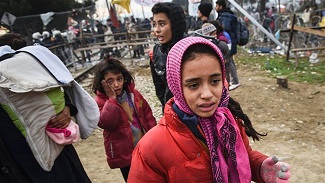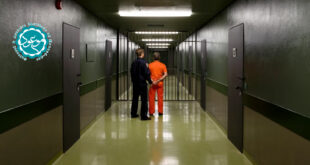The United Nations (UN) says the number of people forcibly displaced worldwide in 2015 is on its way to surpassing a previous record of almost 60 million.
In a report released Friday, the UN High Commissioner for Refugees (UNHCR) said the number of refugees and displaced people will most likely go above the total figure at the end of 2014, which was 59.5 million.
“2015 is on track to see worldwide forced displacement exceeding 60 million for the first time – 1 in every 122 humans is today someone who has been forced to flee their homes,” the report said.
The UN estimate includes the 20.2 million refugees fleeing war and persecution, in particular, those fleeing the protracted Syrian conflict, which began in 2011.
Nearly 2.5 million of these refugees have requests pending, with Germany, Russia and the United States receiving the highest numbers of new claims lodged in the first half of the year, it said.
An estimated 34 million people were internally displaced as of mid-year, about 2 million more than the same period in 2014.
Yemen, on which Saudi Arabia launched military attacks in March, reported the highest number of newly uprooted people at 933,500.
The report warned about the growing “resentment” toward refugees, especially on the European continent.
“Never has there been a greater need for tolerance, compassion and solidarity with people who have lost everything,” Antonio Guterres, the UN high commissioner for refugees, said in a statement.
The foreign-fueled conflict in Syria has been the main driver of mass displacement, with more than 4.2 million Syrian refugees having fled abroad and 7.6 million uprooted within their shattered homeland as of mid-year, the UNHCR said.
Worldwide displacements
Together, refugees from Syria and Ukraine, where pro-Russia fighters in the east have demanded more autonomy from Kiev since last year, accounted for half of the 839,000 people who became refugees in the first half of 2015, the UNHCR said.
Violence in Afghanistan, Somalia and South Sudan sparked large refugee movements, and so did fighting in Burundi, the Central African Republic, the Democratic Republic of the Congo and Iraq.
Voluntary returns – a measure of how many refugees can safely go back home – are at their lowest levels in more than three decades, with only 84,000 people returning by mid-year against 107,000 in the same time a year before, the UN agency said.
Many refugees will live in exile for years to come, it said.
 Mouood Mouood English Edition
Mouood Mouood English Edition




